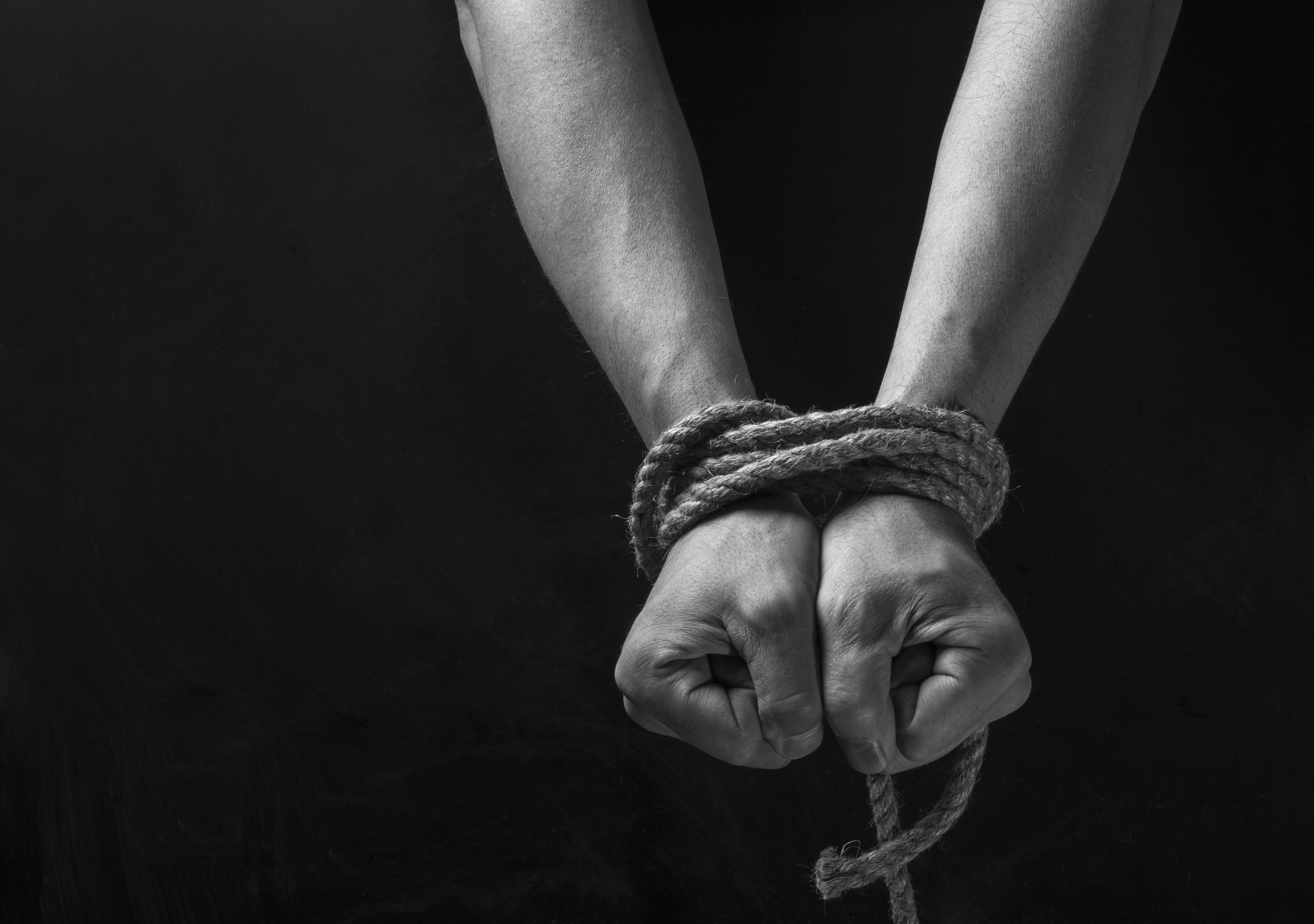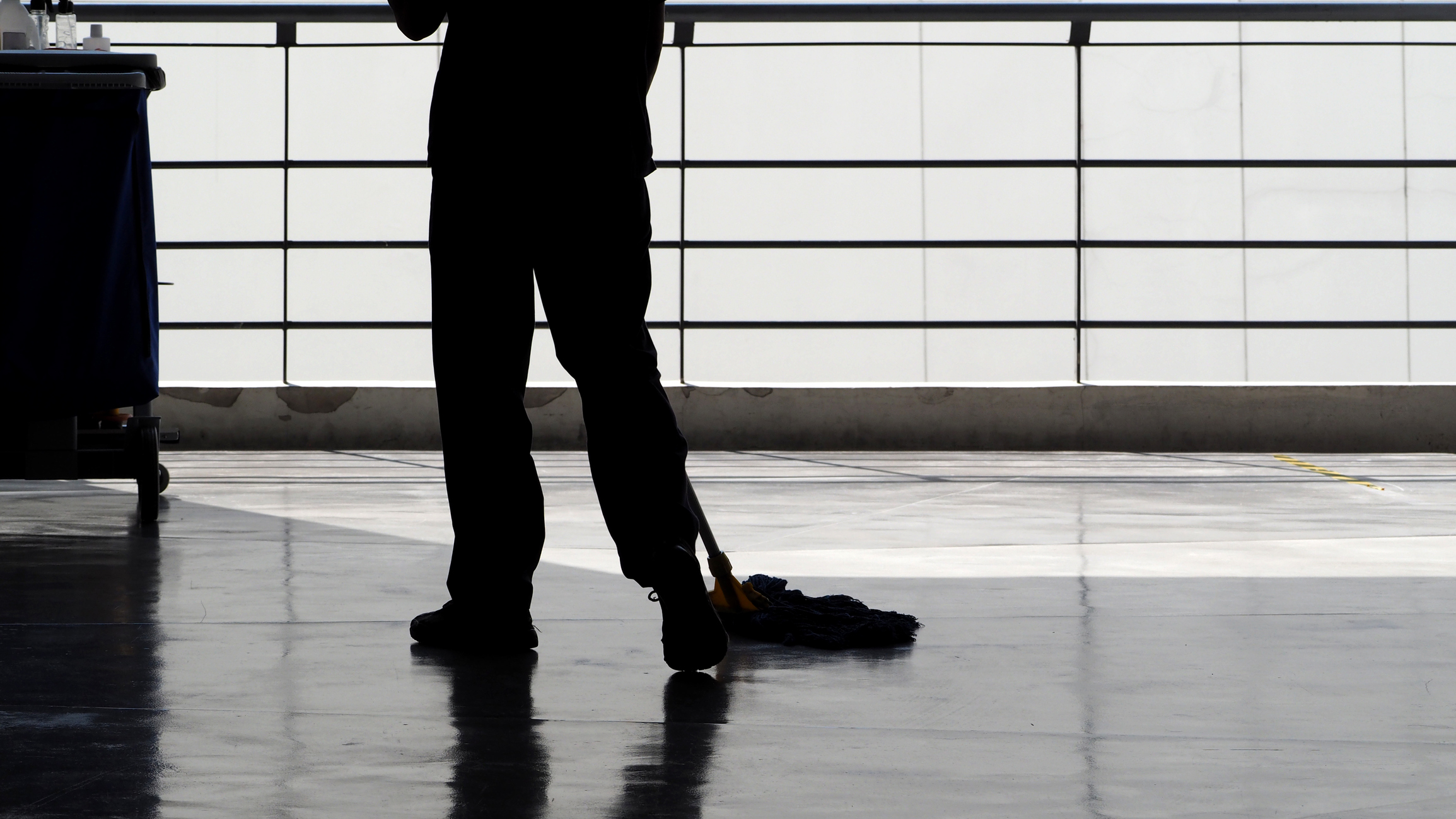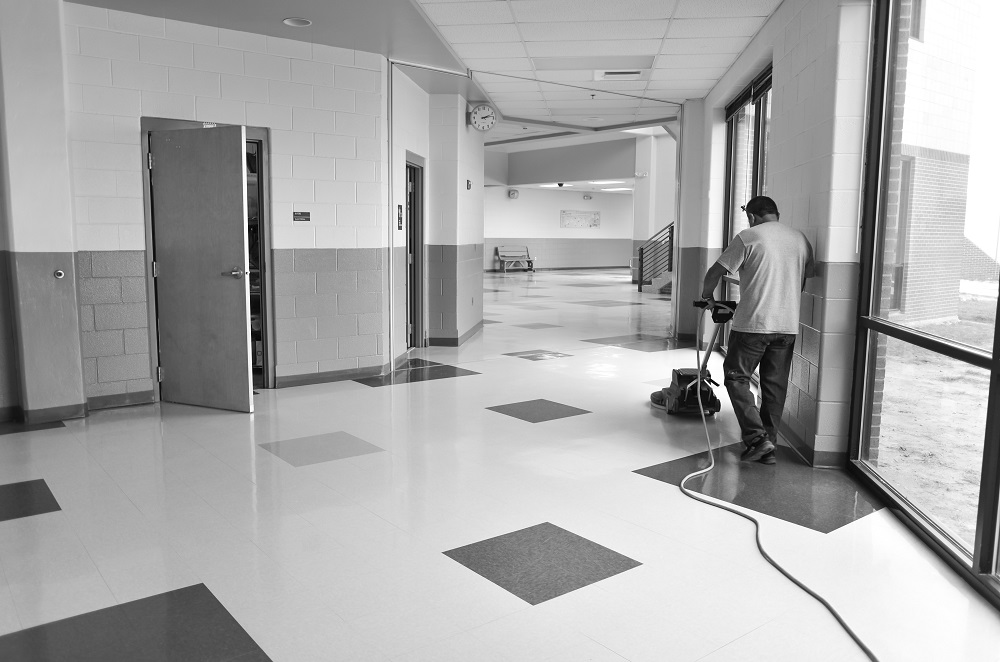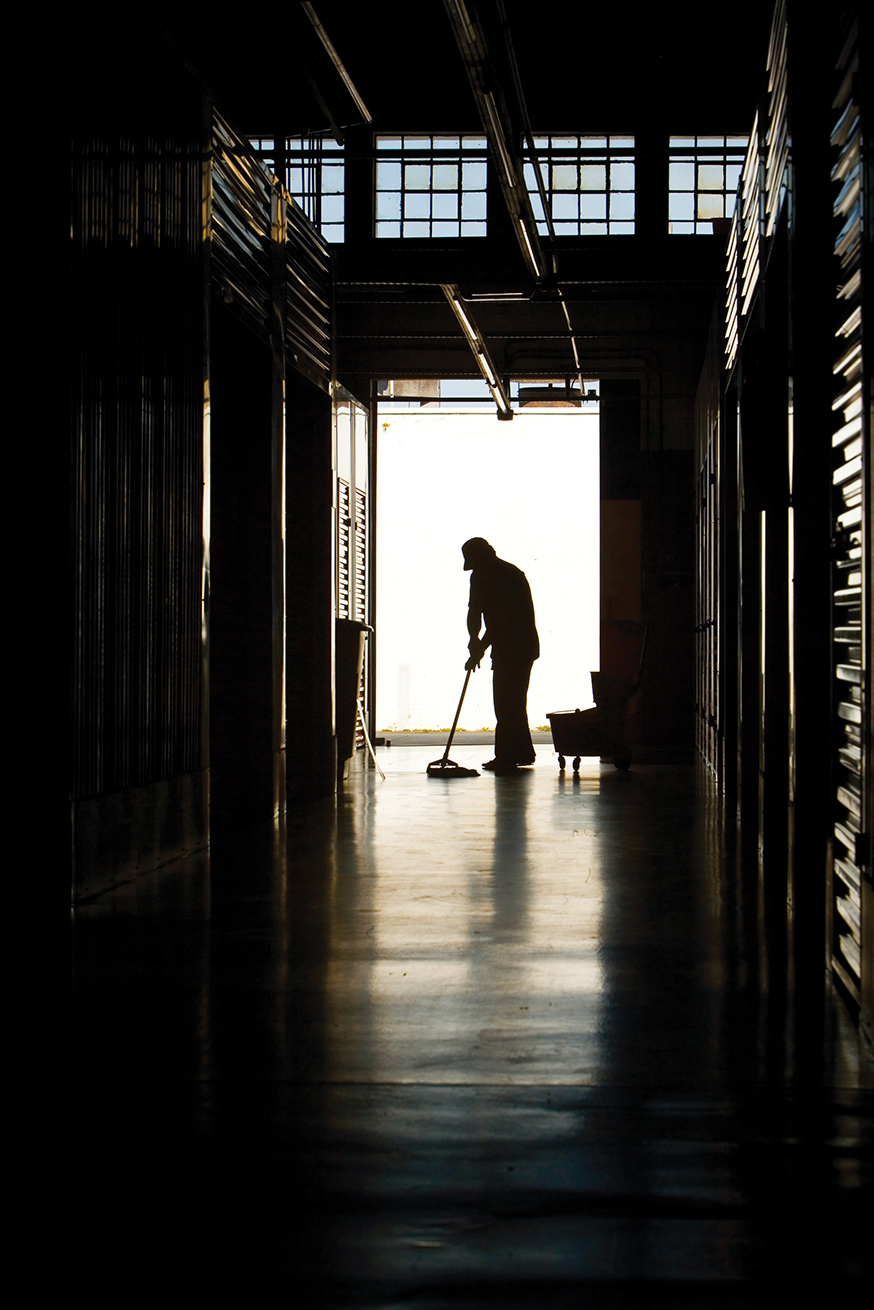
What do you do if you are new to understanding modern slavery and your legislative reporting requirements?
Or what if you suspect modern slavery violations in your workplace? Let’s look at how you can practically manage human rights across your supply chains.
Nothing is truly sustainable if it only looks at the impacts on the environment and ignores the treatment of people. The United Nations (UN), for instance, recognises the broad areas it covers under its Sustainable Development Goals (SDGs).
These goals aim to encourage all countries to address global challenges impacting progress towards sustainable development – including poverty, inequality, climate change, waste, environmental degradation, and modern slavery.
Modern slavery is a term used to cover a range of exploitative practices, including slavery, human trafficking, child labour, forced labour, and slavery-like practices.
Unfortunately, it is more common in Australia that one would like to think it is. The Global Slavery Index states that forced labour cases in Australia often occur in services like cleaning, among several other industries.
As a step in the right direction, Australia introduced the Modern Slavery Act 2018, following in the footsteps of the United Kingdom.
The legislation means businesses with revenue more than $100 million must report on and mitigate the risks of modern slavery in their operations and across supply chains.
This reporting criterion is mandatory. Companies whose revenue is less than $100 million currently have the option to report voluntarily.
So, what can you do as an organisation to start tackling modern slavery in your operations and across your supply chains?
Understanding how various roles in your organisation can assist in the identification of modern slavery is a good start.
A human resources manager, for example, will understand working conditions, pay, and the number of hours a person has worked. Procurement teams will have access and understanding to supply chain management and processes.
However, no one role can do it all. There must be ownership across the entire organisation rather than relying on a specific department, such as human resources, to do all the work.
Each member has a part to play, and it is everyone’s responsibility to recognise the tell-tale signs.
Gather your team, contractors, suppliers, and stakeholders across your supply chains together to learn about all the ways to take appropriate action to mitigate modern slavery risk.
Thankfully there are a ton of organisations, resources, and training available in Australia to assist you.
The Australian Government released a guidance document for reporting entities under the modern slavery legislation.
The resource demonstrates how to explain your actions to address and assess risks in your organisations and supply chains. Visit https://www.homeaffairs.gov.au/criminal-justice/files/modern-slavery-reporting-entities.pdf
A fantastic organisation is Freedom Hub. Freedom Hub is providing Modern Slavery Act compliance training for all business enterprises, large and small.
They can help with training your organisation on how to research and map your supply chains, begin writing your modern slavery statement for your website, mobilise your team, and more.
Plus, when you engage in their training and visit their café, you will assist in funding the administration of their Survivor School that provides long term support for people affected by modern slavery. Visit https://thefreedomhub.org/.
Another great organisation is The Supply Chain Sustainability School, a not-for-profit initiative that aims to create more sustainable supply chains for the property, construction and infrastructure industries in Australia.
They’ve developed a wealth of resources from online modules, guidelines, and presentations. Visit https://www.supplychainschool.org.au.
To support the eradication of modern slavery, our team at GECA is now implementing the legislative requirements into our standards (including our Cleaning Services and Cleaning Products standards), continuing our holistic approach to sustainability.
Therefore, when buying GECA certified, procurement teams and consumers can be confident they are purchasing products or services that are contributing to or working towards, human rights law and the United Nations SDGs.
GECA can also assist your business with advisory, consultancy and training services – and we are partnering with our stakeholders to ensure all client needs are met to tackle this issue. Please get in contact with us for more information.
Now is a crucial time to review your business operations and supply chains and join the fight against modern slavery.
By adopting and implementing sustainability goals into your organisation, you will be generating value for you, our planet, and the people on it.
Jessica Mutton is business development and project manager at GECA
This first appeared in INCLEAN magazine
Comment below to have your say on this story.
If you have a news story or tip-off, get in touch at info@3.106.117.80.
Sign up to INCLEAN’s newsletter.




